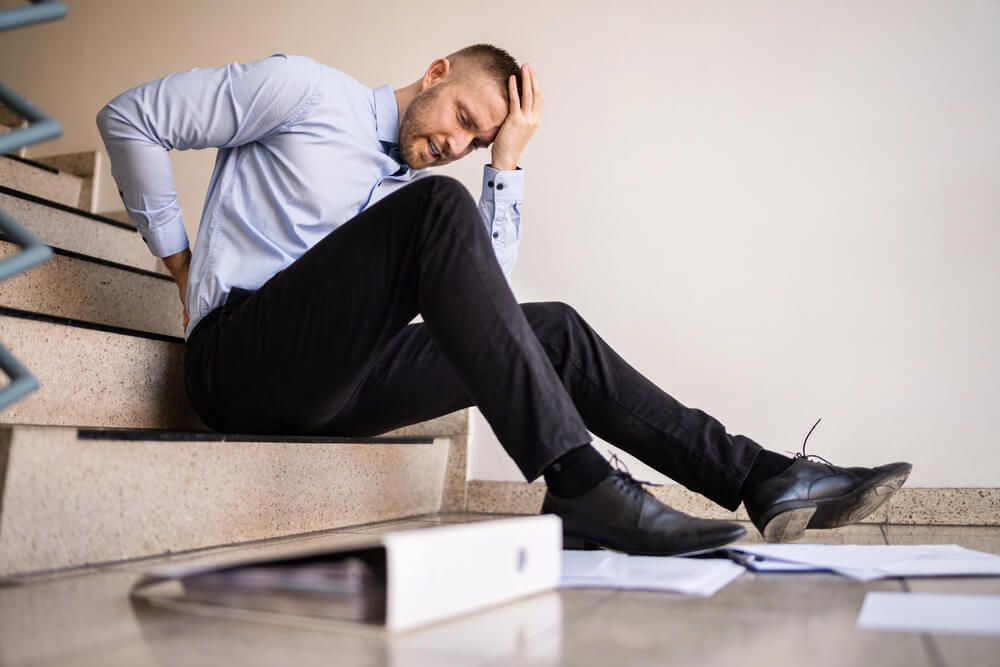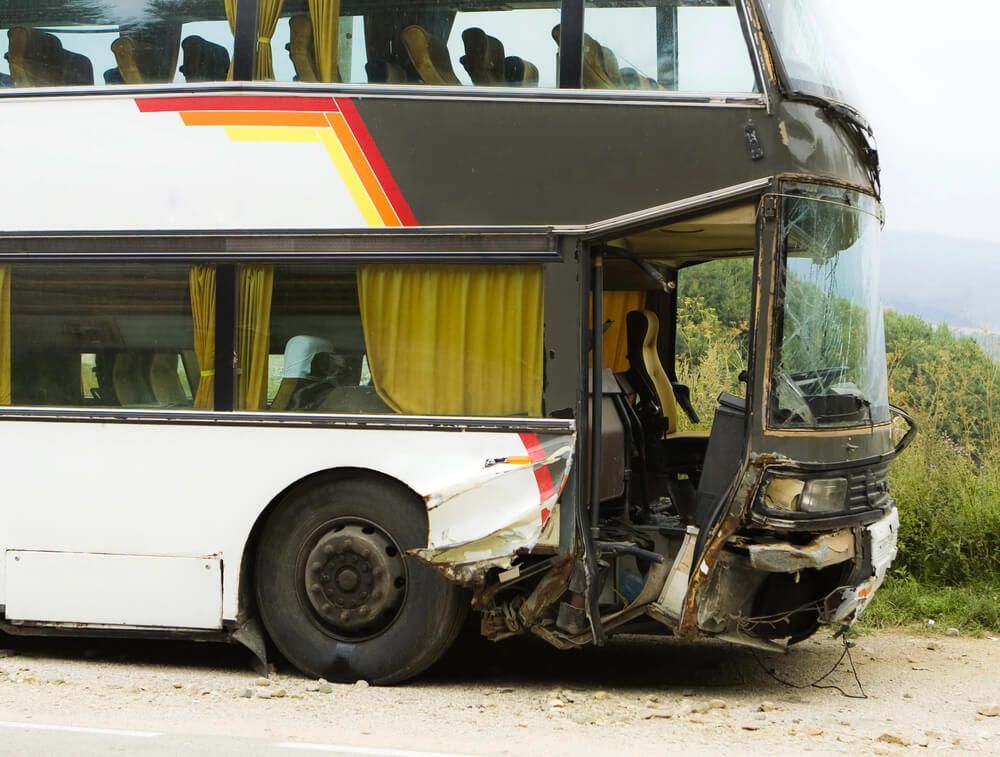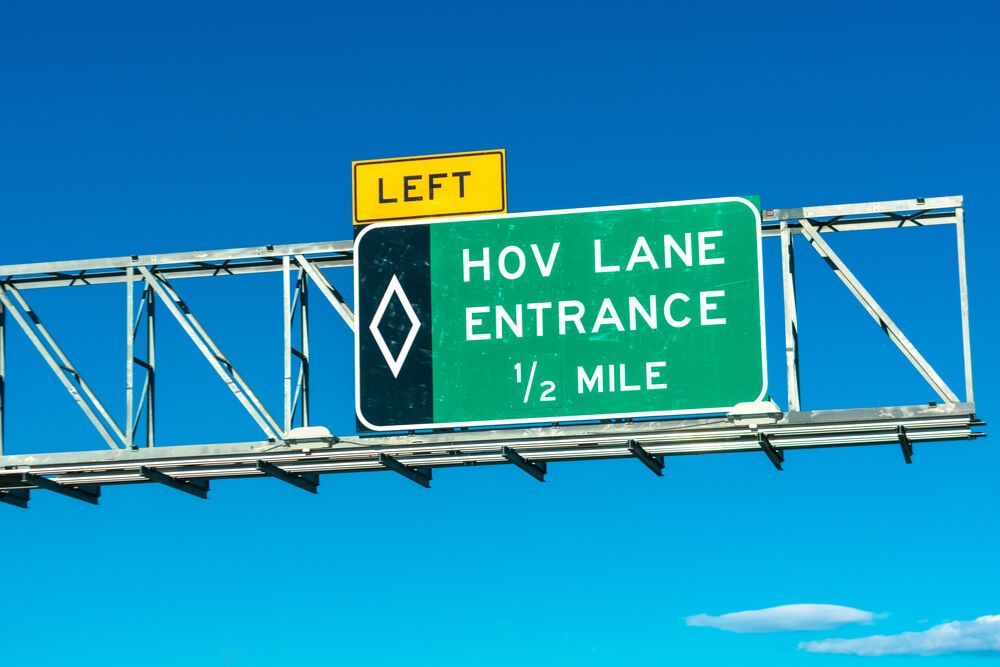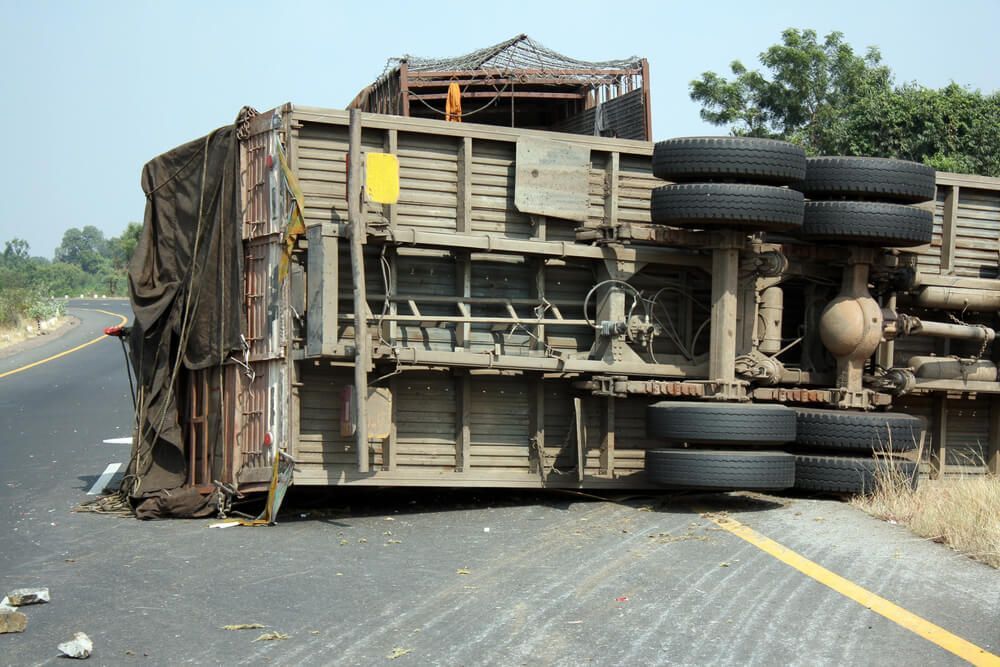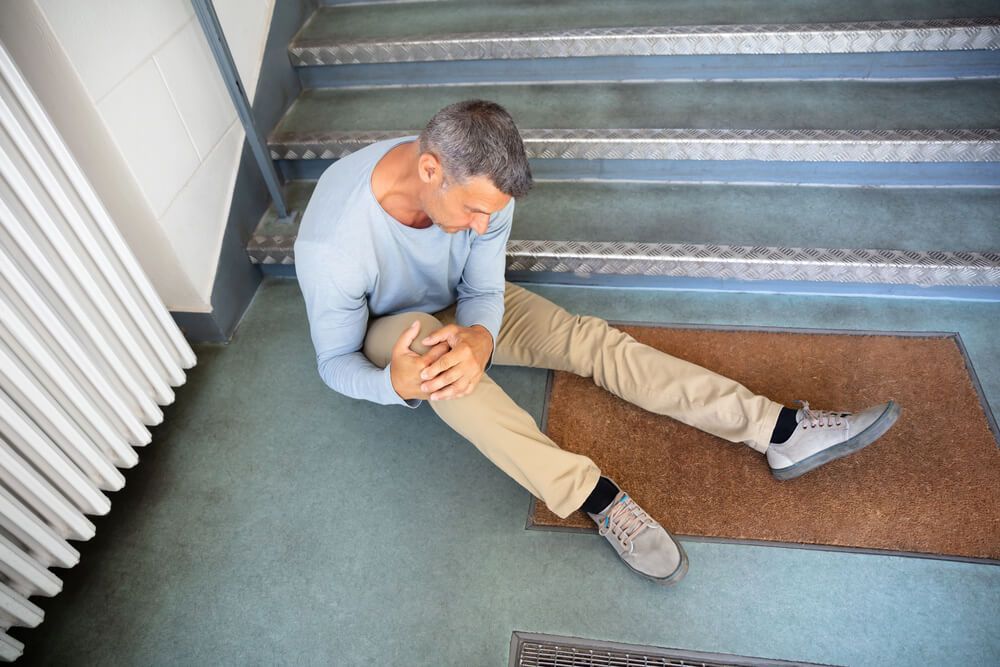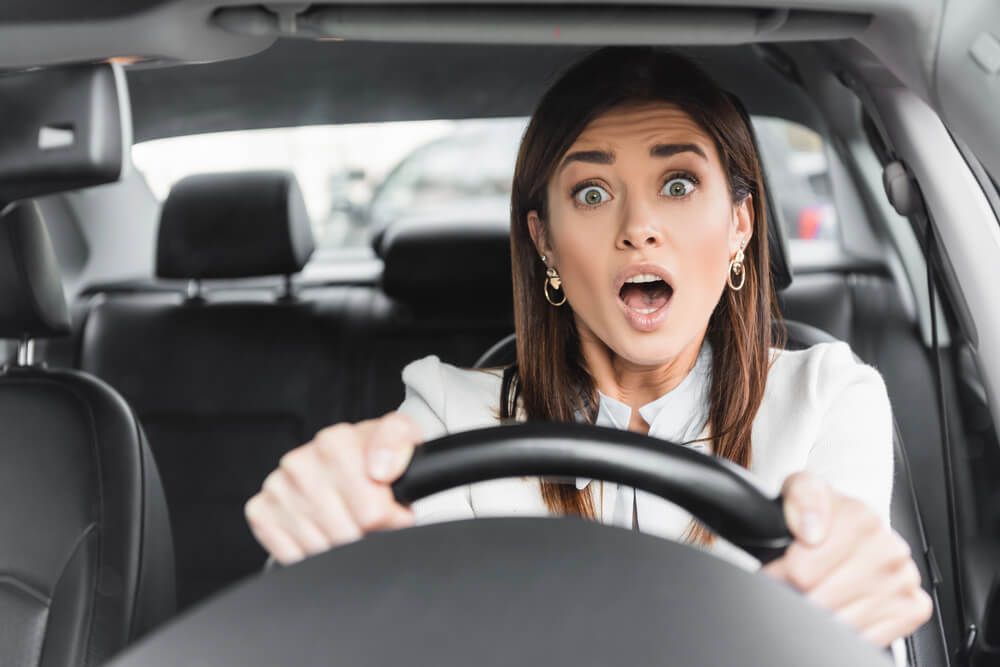What Happens If You're in an Accident Driving Someone Else's Car?
Recent Blog Posts
What Happens If You're in an Accident Driving Someone Else's Car?
Being involved in a motor-vehicle collision is stressful, even when you’re behind the wheel of your own car. However, if you're involved in an accident while driving someone else's vehicle, the situation can become even more complicated.
You have to consider liability, insurance coverage and the potential financial impact of an accident involving a borrowed vehicle. Understanding how Arizona law addresses these situations and what steps to take afterward can help you safeguard your rights and minimize unnecessary stress.
What Should You Do If You Get in an Accident Driving Someone Else's Car?
If you get into an accident while borrowing a friend’s or family member’s car, there are some steps you should take right after the accident to protect yourself and ensure everyone is OK.
Check for Injuries and Call for Help
Your first step after any accident is to check for injuries. Start with yourself, then see if anyone else is hurt. If there are any injuries (even if they seem minor), call 911 right away to get medical help on the scene. Don’t move anyone who is seriously injured, as this could worsen their injuries.
In Arizona, you are legally required to call the police for an accident involving serious injury, death or substantial damage. Even for minor collisions, it’s often wise to have an officer come out and make a report, which provides an impartial record of the crash.
When officers arrive, stick to the facts when describing what happened. Avoid admitting fault (even saying “sorry” could be misinterpreted as admitting liability). The police will document the scene and give instructions on how you can get a copy of the accident report.
Document Everything at the Scene
While still at the accident scene (if you are uninjured and it’s safe), gather as much information and evidence as you can. Start by exchanging information with any other drivers involved. Get their name, contact info, driver’s license number, license plate, insurance company and policy number. Also note the make and model of their vehicle. If there are witnesses, politely ask for their names and contact details in case their statements are needed later.
Also, take photos and videos of the scene and damage. Use your phone to snap pictures of all vehicles from multiple angles, showing the positions of the cars, the damage, skid marks and any road conditions or traffic signs nearby.
Visual evidence can be extremely helpful when dealing with insurance adjusters or if any legal questions come up. Make note of the time, date, location and weather conditions as well. All these details will help you accurately recount what happened. The more documentation you have, the easier it will be to support your version of events during the claims process or any potential legal proceedings.
Notify the Car Owner Immediately
Notify the owner of the car as soon as possible. This conversation might feel difficult, but it’s important to be honest and factual about the situation. Explain when and where the accident occurred, as well as the extent of any damage to their vehicle.
Report the Accident to Insurers
The car owner should notify their auto insurer as soon as possible to start a claim. Provide the insurance agent with accurate details of the accident, but again, do not speculate or accept blame.
If you have your own auto insurance, you should also inform your insurer about the accident, even if you were driving someone else’s car. Letting your insurer know protects you in case the other driver or their insurance contacts them, or if any secondary coverage needs to kick in.
Consult a Personal Injury Attorney
In Arizona, you generally have two years to file an accident claim, but you shouldn’t wait to seek advice. Having legal guidance gives you peace of mind and helps make sure you and the car owner are not left footing the bill for something that’s not your fault. Most personal injury attorneys offer free consultations, so it’s worth getting professional advice early on.
Who Is Typically Covered by Insurance When Driving Someone Else’s Car?

When you borrow a friend’s car with permission, whose insurance pays for damages? Does your own policy come into play? And what if the other driver was at fault? Let’s break down how insurance usually works when you’re in an accident driving someone else’s car.
The Vehicle Owner’s Policy (Primary Coverage)
In most states, auto insurance follows the car, not the driver. That means the vehicle owner’s insurance policy usually serves as the primary coverage after an accident, even if someone else was behind the wheel with permission.
If another driver caused the crash, the at-fault driver’s liability insurance should pay for the resulting damages or injuries. However, if the car you were driving was damaged, the owner’s collision coverage (if they have it) may help pay for repairs.
Even if the accident was not your fault, the car owner’s insurance company will typically handle the claim since their vehicle was involved. The owner might still face a deductible or a temporary rate increase, even though someone else caused the accident.
Your Auto Insurance (Secondary Coverage)
Your personal auto policy can provide secondary coverage in certain situations. If the cost of an accident exceeds insurance limits or the car owner’s coverage doesn’t apply, your insurance may step in to cover the remaining expenses. This often happens through your liability or uninsured/underinsured motorist coverage.
However, collision or comprehensive coverage under your policy usually won’t pay for damages to someone else’s vehicle unless you specifically have “non-owner” or “drive other car” coverage.
How Can You Prove That You Were Allowed To Drive Someone’s Car Before the Accident?
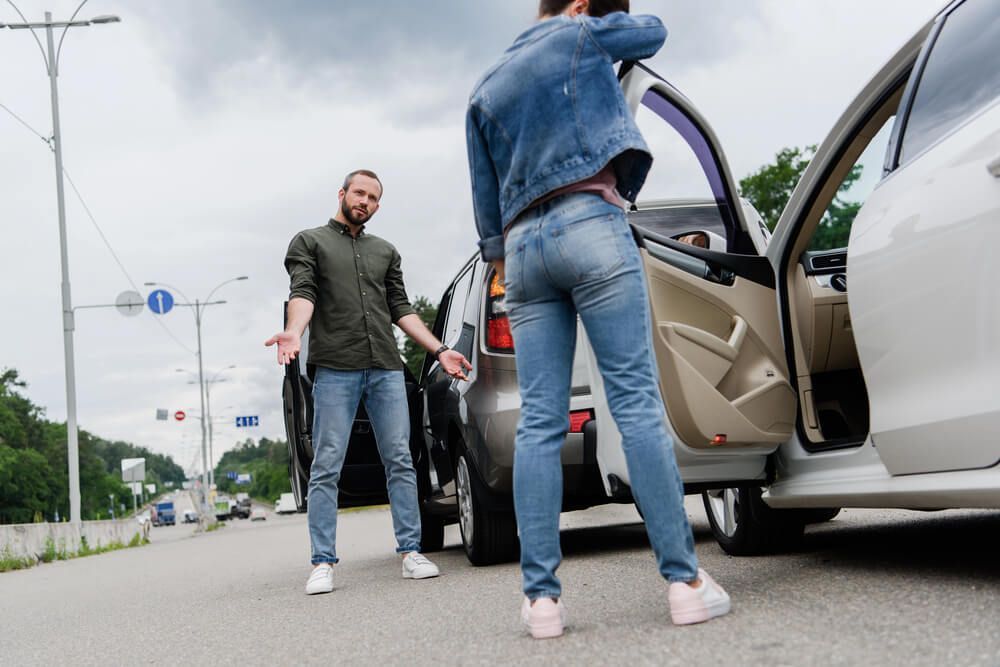
You can get permission to drive a friend’s or family member’s car in two ways: expressly or implicitly. Understanding the difference is important because insurance companies will look at this if there’s a claim.
Express Permission
Express permission is the clearest form of permission. It means the owner explicitly told the driver they could use the car. It could be spoken or written, but it’s a direct, “Yes, you can drive my car.”
For example, if your friend says, “Sure, you can take my car to work today,” that’s express permission. This type of permission almost always triggers insurance coverage under the owner’s policy. You had the green light, so you’re a permissive driver under the policy.
Implied Permission
Permission can be implied by circumstances or past behavior, even if it wasn’t directly stated. For instance, say you’ve borrowed your roommate’s car several times with their knowledge, and they’ve never objected. They go out of town, and you use the car to run an errand without explicitly asking for permission to take the car that day. If an accident happens, one could argue you had implied permission to drive the car because of the established pattern and the fact that a reasonable person would assume it’s OK.
Implied permission can also arise in family situations. For example, a parent might not say, “Yes, you may drive to school,” every single time their teenager uses the car, but it’s understood that the teen is allowed to drive the car to school or work.
In Arizona, implied permission still counts as permission for insurance purposes, though it can be more debatable. Insurers may ask questions like:
- Did the owner leave the keys accessible?
- Had the owner allowed this person to drive before?
- Did the owner say or do anything that indicated consent?
All these factors help determine if you were given implicit permission.
Implied Permission Has Limits
It’s worth noting that implied permission is not unlimited. It generally covers normal, reasonable use of the car. If you seriously exceed the scope of what the owner would have allowed, an insurer might argue you didn’t have permission for that particular use.
For example, if your friend lets you drive the car to run a quick errand in Phoenix, but you decide to take a spontaneous road trip to Los Angeles without asking, that’s outside the implied permission you were given. If something goes wrong on the trip, the insurance company might claim you didn’t have permission for that usage, creating a coverage dispute.
Why Should You Hire a Lawyer After You Crash Someone's Car?

Having legal representation after you get in an accident in a borrowed vehicle is important for several reasons.
Ensure Fair Compensation
Understanding the full scope of your damages after an accident is important. A lawyer can help identify and document all economic and non-economic losses, including medical expenses, lost income, property damage and pain and suffering.
They can also assess future costs, such as ongoing treatment or reduced earning capacity, to ensure nothing is overlooked. By accurately calculating the total value of your damages, your attorney helps you pursue the compensation you deserve for the true impact of the accident.
Handle Insurance Companies
Accidents that happen while driving someone else’s car can quickly become complicated because more than one insurance company is involved. The vehicle owner’s insurer, your personal auto insurer and sometimes the at-fault driver’s insurer may all have a stake in the claim. Each company has its own paperwork, timelines and investigation process. Missing even one required notice or deadline can weaken your ability to recover compensation.
A lawyer will coordinate communication with all insurers and see that each claim is properly filed and supported with the right evidence. They’ll also guide you on what to say (or not say) when giving statements, since insurers may use your words to limit or deny coverage.
They’ll use their understanding of insurance law to interpret policy language, identify coverage gaps and ensure the correct insurer takes financial responsibility.
Protect You From Liability
Questions about permission, usage and responsibility can expose you to personal liability after an accident in a borrowed car. If coverage is denied or another party disputes your right to drive the vehicle, a lawyer can build a record showing you had proper authorization and acted within reasonable limits.
They can gather key evidence and apply Arizona’s permissive use laws to protect you from being held personally accountable for damages. If a company or employer vehicle is involved, your attorney can also determine whether the business shares responsibility under state liability rules.
Get Legal Representation If You're in an Accident Driving Someone Else's Car

Being involved in an accident while driving someone else’s car can leave you uncertain about your next steps, especially when multiple insurance companies are pointing fingers. The experienced team at Sargon Law Group understands the stress that follows a crash, and we’re here to provide the confidence you need to move forward.
At Sargon Law, you’ll work directly with a skilled personal injury attorney who takes the time to listen, investigate and fight for the maximum compensation you deserve. We can help you recover after serious collisions, holding negligent drivers and insurers accountable while our clients focus on healing.
Don’t risk your financial future or settle for less than you deserve. Reach out to a trusted car accident attorney at Sargon Law Group today for a free consultation.
